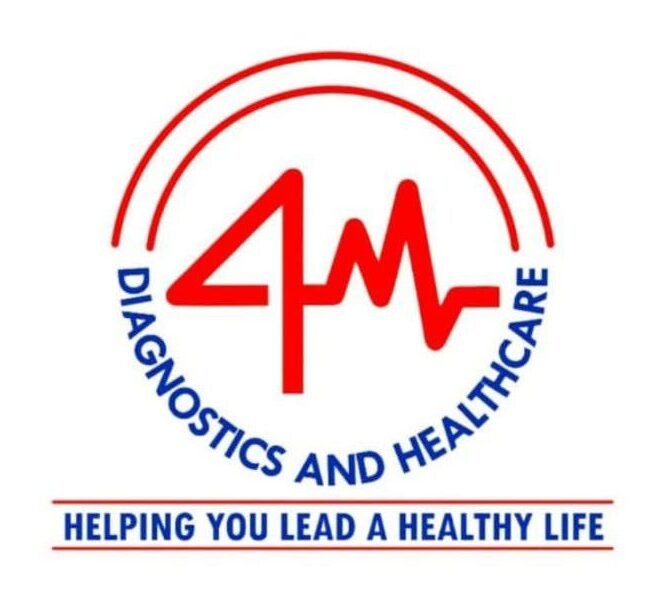#physical check-up diagnostic center
In today’s fast-paced mechanical world, it’s easy to overlook our health until something goes wrong. However, staying proactive through periodic health check-ups is one of the best ways to ensure long-term well-being. Routine medical evaluations are not just for detecting diseases but also for preventing them, optimizing your health, and catching potential issues before they become serious.
1. Prevention is Better Than Cure
Regular health check-ups help in identifying risk factors and early signs of diseases particularly chronic diseases such as high blood pressure, diabetes, and cancer. By detecting these conditions early, you can begin preventive measures, lifestyle changes, or treatments before the condition worsens. For example, detecting pre-diabetes can allow you to make lifestyle like dietary and exercise changes to avoid full-blown diabetes.
2. Early Diagnosis Saves Lives
Many life-threatening illnesses, like hypertension, diabetes, lipid abnormalities, heart disease and cancer, often show no symptoms in their early stages. They are silent killers. Regular screenings can identify these conditions before they progress, offering a better chance of successful treatment. For instance, a routine PAP Smear can detect cervical cancer early, increasing survival rates. Breast cancer, colon cancer, diabetes, hypertension, cholesterol abnormalities, HIV, hepatitis B and C all if can be diagnosed early, will have enormous benefit.
3. Keep Chronic Conditions in Check
For those already living with chronic conditions like diabetes, hypertension, inflammatory bowel diseases, fatty liver disease, CKD, COPD or asthma, routine check-ups are crucial for managing and controlling the disease. Regular monitoring ensures your treatment plan is effective, and adjustments can be made as needed to improve your quality of life.
4. Mental Health Matters
Physical health check-ups often include a mental health evaluation. Stress, anxiety, and depression are increasingly common and can take a toll on both mind and body. Discussing your emotional well-being with your doctor during a check-up allows for early intervention, providing you with the support and resources you may need.
5. A Holistic View of Your Health
Periodic check-ups provide a complete picture of your health, including vital markers like cholesterol levels, blood sugar, and BMI for obesity. These visits give you insights into your body’s functioning and can guide you toward healthier lifestyle choices, whether it’s adjusting your diet, exercising more, or improving your sleep habits.
6. Peace of Mind
One of the greatest benefits of regular health check-ups is peace of mind. Knowing that you’re taking care of your health and are aware of any potential risks allows you to live confidently and without unnecessary worry about undiagnosed issues.
7. Personalized Health Plans
Your doctors and diagnostic centre can help create a customized health plan based on your unique medical history, age, family history, and lifestyle factors. This personalized approach to healthcare helps ensure you’re taking the right steps to stay healthy for years to come.
8. Principles of screening tests:
- The condition should be an important health problem.
- There should be a treatment of the condition.
- Facilities for diagnosis and treatment of the condition should be available in the diagnostic centre.
- The tests should be acceptable to the population.
- There should be an agreed policy on whom to treat.
- Cost of the test should be reasonable.


Conclusion: Health is the best Wealth
Your health is your greatest asset, and investing in periodic health check-ups is a simple yet powerful way to protect it. Whether you’re feeling fine or dealing with ongoing health issues, staying informed and engaged in your health care helps prevent future complications and keeps you on the path to long-term wellness.
Taking care of yourself is not just about treating diseases when they arise; it’s about preventing them and enjoying a higher quality of life. Make regular health check-ups a priority—you owe it to yourself.

